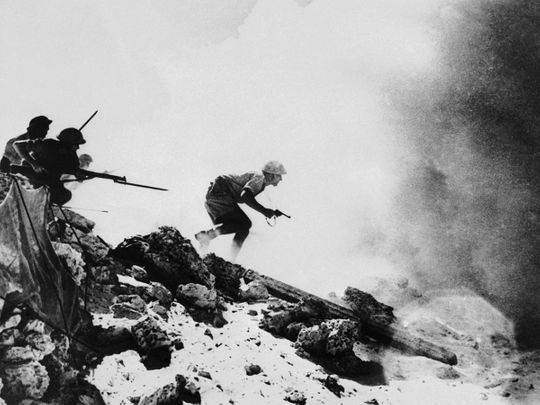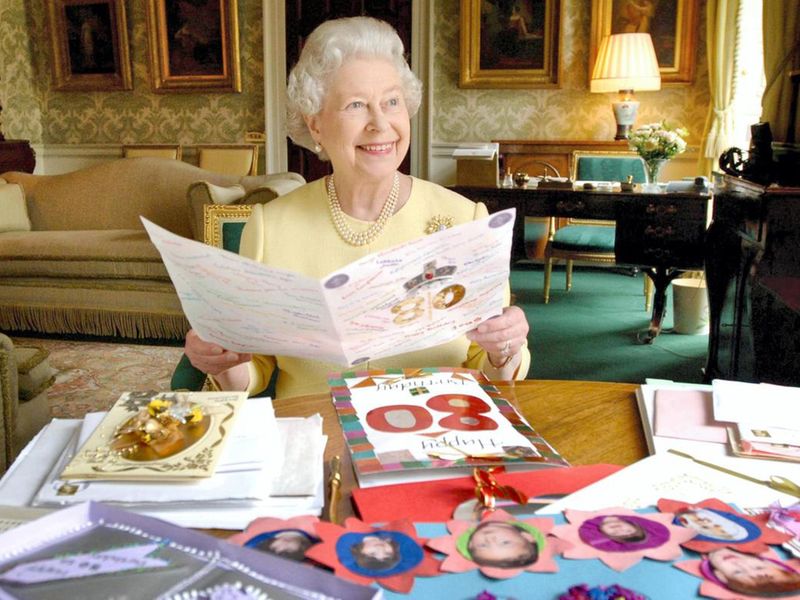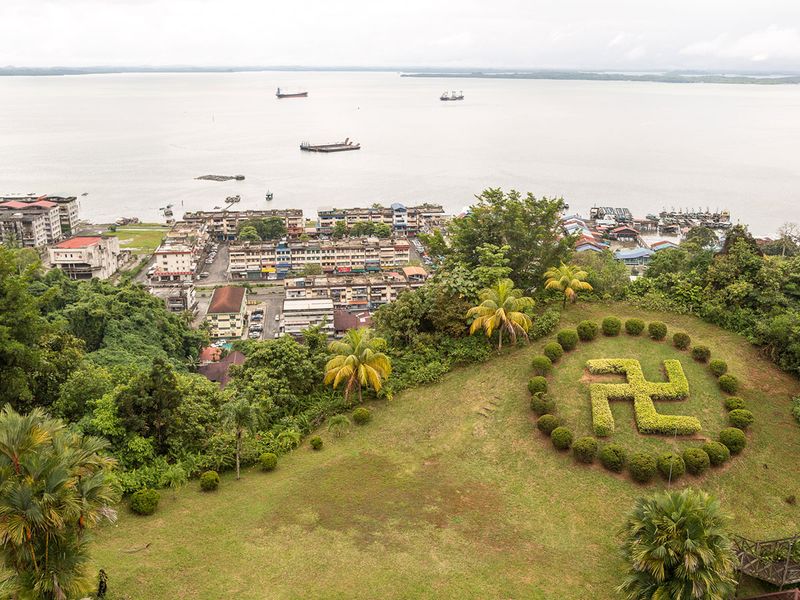
What do you think is the largest single event in human history? For many historians, there’s no doubt about it – it’s World War II.
Click start to play the Weekend Crossword, which tests your knowledge about the war that changed the course of history.
In his acclaimed book, The Second World War, English military historian John Keegan described why it was so significant: “[It was] fought across six of the world's seven continents and all its oceans. It killed 50 million human beings, left hundreds of millions of others wounded in mind or body, and materially devastated much of the heartland of civilisation.”
While the devastation of the war is well documented in books and film, there were smaller incidents that took place within the period that may come as a surprise. Here, we share five of them:
1. The Niihau Incident
When Japanese pilot Shigenori Nishikaichi’s plane went down after he participated in the bombing of Pearl Harbour, he crash-landed in Hawaii. The locals there were unaware that the Japanese had instigated a military strike – they just saw a person in an unfortunate accident. So, they hosted him graciously, offered him breakfast and even threw him a luau or a traditional Hawaiian party.
However, as word finally reached the area of the attack, Nishikaichi was put under guard, but found an ally in Yoshio Harada, an American of Japanese ethnicity, who was brought in to translate for Nishikaichi. Harada thought the Japanese had a better chance of winning the war, so he secretly switched sides, stole guns and broke Nishikaichi out. In the process of trying to reacquire Nishikaichi’s sensitive documents from Howard Kaleohano - the man who had pulled the enemy fighter out of the wreckage of his plane - the two ended up burning down his house. Even as they tried to escape, a local attacked and killed the pilot, bringing an end to what would be known as The Niihau Incident.
2. Queen Elizabeth served in the war

When she was still a princess, Britain’s monarch did her part for the war effort and served in the Women’s Auxiliary Territorial Service (ATS), which provided key support in various ways. Its members served as anti-aircraft gunners, radio operators, mechanics and drivers. Her protective parents refused to allow her to enlist, but finally relented after a year of convincing from then-Princess Elizabeth. She was known as Second Subaltern Elizabeth Windsor, and she donned a pair of coveralls and trained in London as a mechanic and military truck driver. The Queen remains the only female member of the British royal family to ever join the military, and today, she remains the only living head of state to have served in World War II.
3. The Nazis came close to developing plutonium
When Germany invaded Norway, they took over a factory in Telemark that produced heavy water, used for developing plutonium. But before they were able to bring over the required engineers and scientists, a secret band of 11 Norwegian commandos sabotaged the plant. They set off explosives across the base and exited the scene without a single casualty. Mission accomplished!
4. The swastika wasn’t always a hated symbol

Before the Nazis ruined the swastika for everyone, the geometric symbol was known as a symbol of luck and well-being. The word “swastika” comes from the Sanskrit word for “auspicious”. It appears even today in many cultures and religious practices, from Hinduism and Jainism to Native American iconography.
5. One particular battle lasted the entire war
From the time the British declared war against Germany in September 1939 until Germany surrendered in May 1945, the Battle of the Atlantic saw a relentless back-and-forth between the Nazis and the Allied forces. German U-boats surreptitiously disrupted the supply of goods going to Britain, and were often foiled by the Royal Navy, Royal Canadian Navy and the US Navy. In the six years of the war, the Germans were usually devastatingly effective, and their attacks led to periods of starvation for the British, until the tide turned near the end of the war.
Test your knowledge of World War II in the Weekend Crossword and let us know if you completed it at games@gulfnews.com.








